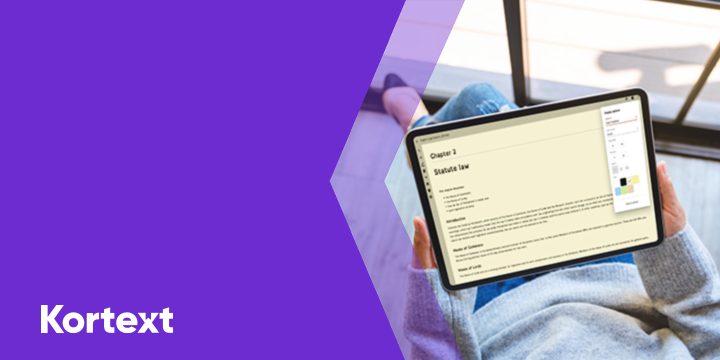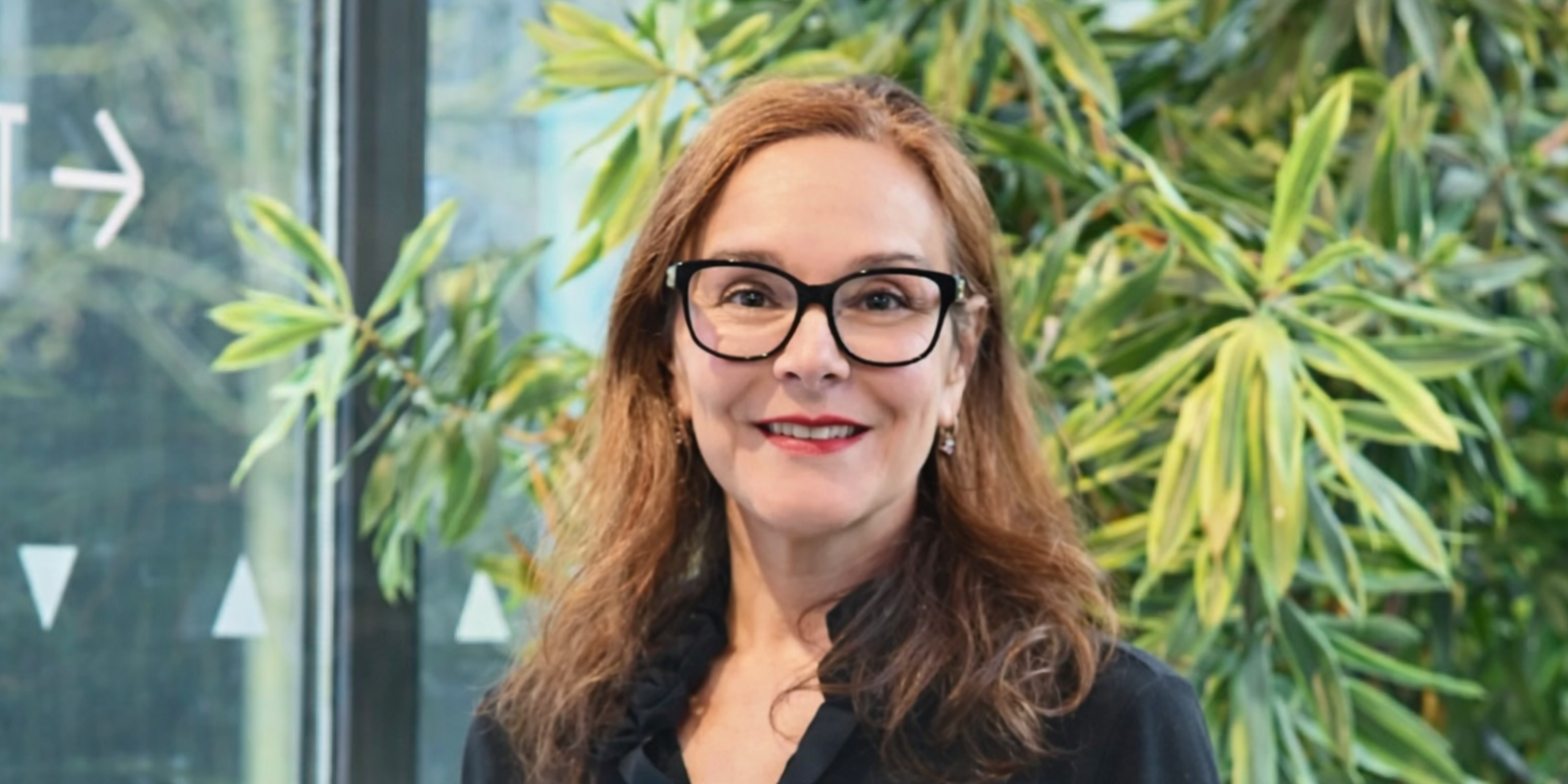With just weeks to go until 610,000 university applicants find out whether they’ve secured their place at uni, we’re voyaging further into our exploration of how instant and equitable access to eTextbooks can benefit students and their institutions.
Whilst we all know that equitable access is beneficial, to some it is still seen as a pipe dream and to others there’s a trepidation about ‘going digital’ – but what if we could present you with a real-life example to show you just how beneficial it is?
Introducing: Andrew Wilson
Andrew Wilson is an undergraduate law student and Union of Students Disability Officer for the University of Derby, and he is a pioneer in championing support and fair treatment for students – and, with that, comes his passion for eTextbooks.
As part of his manifesto to be elected as Disability Officer, Andrew wanted to fight for the opportunity to have eLearning and eTextbooks available for every student.
Accessibility
Accessibility is incredibly important because it relates to how people can understand, navigate, and interact with electronic information whilst being active, contributing members of the digital world.
Whilst some university course leaders may feel that they don’t rely on the digital world, all courses involve digital aspects – from the university VLE, through to how students submit their final submissions.
As a student with several disabilities such as High Functioning ASD, ADHD, dyslexia, and nerve conditions, that have the potential impact his student experience, Andrew finds eTextbooks a better solution than print as he does not have to carry around heavy textbooks, nor hold them, which can be painful for him as he mentions in his video for Derby University Library.
“Rather than carry 10 books to a lecture, all I’ve got to do is just carry my laptop.” – Andrew Wilson
Using the Kortext Arcturus platform, Andrew can access the texts that are essential to his course, and the whole host of tools that come with them, including Kortext’s gold standard accessibility features, such as the option to change the page colour and font to suit your needs as a user.
Whilst demonstrating the ease of the platform, Andrew mentioned his font was set to Open Dyslexic.
“It’s so easy to use – it’s remarkable.
The font is set to Open Dyslexic which is how I read it, which makes it so simple… There’s different settings, so every student that has a different preference can change it.”
Cost to student
We’re going to say it… the cost-of-living crisis is a crisis.
Purse strings are getting tighter than before, and we could see some students making the difficult decision between a pint of milk and a pint of whatever carbonated pub drink takes their fancy, come September.
On University Mental Health Day, we spoke with GP and mental health expert, Dr Dominique Thompson, who acknowledged the financial struggles students face.
“Money is one of the biggest stresses for students. I would say it’s probably in the top three things that as a GP, I would see students worry about.”
According to mental health organisation, Mind, “Poor mental health can make earning and managing money harder. And worrying about money can make your mental health worse. It can start to feel like a vicious cycle.” Which therefore can have a negative impact on student outcomes and the university’s NSS score.
To combat this, universities should consider providing their students with free access to eTextbooks, akin to the University of Derby Library, which provides all first-year students with access to their core texts via Kortext.
On the benefits of eTextbooks being provided to students, Andrew said: “It would save students a hell of a lot of money, especially for myself, when my books this year cost me £190. If I can save £90 or £100, I’d much rather that.”
According to the Save The Student’s Student Money Survey, students face a £340 shortfall each month. By removing or negating the bulk spend at the start of term on textbooks, students theoretically should be able to make their money go further, therefore reducing their monetary worries.
Sense and sensibility
If you noticed, we paraphrased Jane Austen with our title and we’re going to quote her, as she wrote the next line best: “It isn’t what we say or think that defines us, but what we do.”
That said, providing equitable access and accessibility features will do a lot more than improve NSS scores, it’ll improve student experience, motivation, morale and more.
What are you waiting for? Connect with us to find out how you can get started.






